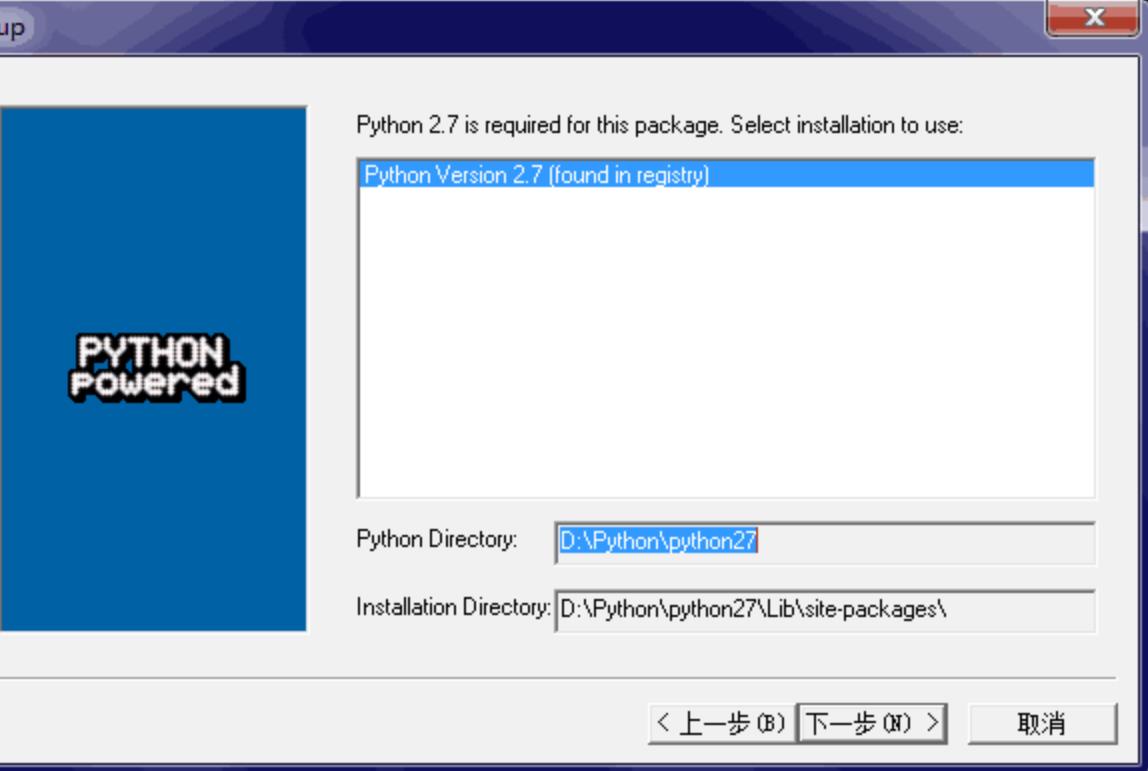paramiko
Posted 仰望的花鼻子
tags:
篇首语:本文由小常识网(cha138.com)小编为大家整理,主要介绍了paramiko相关的知识,希望对你有一定的参考价值。
一、paramiko介绍
二、安装
linux:
2.1 Linux系统底层需要安装的环境
yum -y install gcc gcc-c++ kernel-devel
yum -y install python-devel libxslt-devel libffi-devel openssl-devel
yum install -y gcc make patch gdbm-devel openssl-devel sqlite-devel readline-devel zlib-devel bzip2-devel
2.2 paramiko关联包
paramiko(cryptography和pyasn1)
cryptography(enum34,idna,ipaddress,asn1crypto,six,cffi)
cffi(pycparser)
1.paramiko
2.cryptography(需要安装yum install openssl-devel,依赖cryptography)
3.enum34
4.idna
5.ipaddress
6.asn1crypto
8.six
10.cffi(需要安装yum install -y libffi libffi-devel,需要libffi编译环境,依赖pycparser)
9.pycparser
7.pyasn1
10.bcrypt(依赖cffi,six)(paramiko2.1.1不需要安装)
12.pynacl(依赖cffi,six)(paramiko2.1.1不需要安装)
yum -y install gcc gcc-c++ kernel-devel
yum -y install python-devel libxslt-devel libffi-devel openssl-devel
yum install -y mysql-devel python-devel python-setuptools
asn1crypto (0.24.0)
bcrypt (3.1.4)
cffi (1.11.5) #此包是为了让python调用C代码,为了能让cffi安装成功,必须安装gcc和libffi-devel
cryptography (2.1.4)
enum34 (1.1.6)
idna (2.6)
ipaddress (1.0.22)
paramiko (2.1.1)
pyasn1 (0.4.2)
pycparser (2.18)
PyNaCl (1.2.1)
six (1.11.0)
关于ciffi ,libffi的使用和安装都是十分混乱的,所以cpython拥有自己的拷贝避免依赖外部其他包。cffi对于windows系统是这样,但是对于其他拥有自己的libffi的系统则比较麻烦
virtualenv ~/venvcd ~/path/to/sources/of/cffi~/venv/bin/python setup.py build --force# forcing a rebuild to make sure~/venv/bin/python setup.py install
windows:
1)下载PyCrypto
http://www.voidspace.org.uk/python/modules.shtml#pycrypto
直接从链接上下载已与系统对应的pycrypto版本,点击安装执行下一步下一步即可
若在安装的时候,出现获取不到python路径的问题,则用如下办法解决
#
# script to register Python 2.0 or later for use with win32all
# and other extensions that require Python registry settings
#
# written by Joakim Loew for Secret Labs AB / PythonWare
#
# source:
# http://www.pythonware.com/products/works/articles/regpy20.htm
#
# modified by Valentine Gogichashvili as described in http://www.mail-archive.com/distutils-sig@python.org/msg10512.html
import sys
from _winreg import *
# tweak as necessary
version = sys.version[:3]
installpath = sys.prefix
regpath = "SOFTWARE\\\\Python\\\\Pythoncore\\\\%s\\\\" % (version)
installkey = "InstallPath"
pythonkey = "PythonPath"
pythonpath = "%s;%s\\\\Lib\\\\;%s\\\\DLLs\\\\" % (
installpath, installpath, installpath
)
def RegisterPy():
try:
reg = OpenKey(HKEY_CURRENT_USER, regpath)
except EnvironmentError as e:
try:
reg = CreateKey(HKEY_CURRENT_USER, regpath)
SetValue(reg, installkey, REG_SZ, installpath)
SetValue(reg, pythonkey, REG_SZ, pythonpath)
CloseKey(reg)
except:
print "*** Unable to register!"
return
print "--- Python", version, "is now registered!"
return
if (QueryValue(reg, installkey) == installpath and
QueryValue(reg, pythonkey) == pythonpath):
CloseKey(reg)
print "=== Python", version, "is already registered!"
return
CloseKey(reg)
print "*** Unable to register!"
print "*** You probably have another Python installation!"
if __name__ == "__main__":
RegisterPy()
然后执行此文件

然后即可正常安装了

在python GUI中输入 import Crypto测试是否安装成功
2)下载paramiko
cmd进入C:\\Python27\\Lib\\site-packages\\中执行pip install paramiko
----------------------------------------------------------------------------------------------------------------------------------
讲解paramiko包
paramiko包有有几个重要的类文件,比如Channel类、Client类、Message类、Packetizer类、Transport类
Transport
transport.py文件中包含class Transport()也包含其他class A,B,C...
在程序中import paramiko后,直接可以使用transport.py中的类,即x=paramiko.Transport()
| 步骤一 | __init__(sock,其他可选默认参数) | 初始化,建立一个socket, 还没有开启SSH session | trans=paramiko.Transport((192.168.1.1, 22)) |
| 步骤二 | connet(username,password) | 连接 | trans.connect(username=\'xxx\',password=\'xx\') |
| 2 | start_client() | 开启客户端session | |
| start_server() | 开启服务端session | ||
| auth_password(username,password) | 验证 | trans.auth_password(username=\'xx\',password=\'xx\') | |
| open_session() | 打开一个通道 | channel=trans.open_session() | |
| open_channel() | 同上 | ||
| get_pty() | 获取终端 | channel.get_pty() | |
| invoke_shell() | 激活终端 | channel.invoke_shell() | |
| settimeout() | 设置超时时间 | channel.settimeout(5) |
__init__(sock, 其它默认参数) 初始化,建立一个socket
使用:
连接服务器
方式一:

方式二:
![]()
paramiko的API 官方文档:http://docs.paramiko.org/en/2.4/
t=paramiko.Transport(ip,port)
t.connect(username,pasword)
t.open_session()
t.invoke_shell()
t.settimeout()
t.send()
如果用paramiko遇到了connection莫名自己关闭的情况,参考下面的代码
def create_a_conn(ip_addr, port, username, password): \'\'\' creat a conn to router using paramiko.SSHClient() \'\'\' conn_session = paramiko.SSHClient() conn_session.load_system_host_keys() conn_session.connect(ip_addr, port, username, password, look_for_keys = Fals e, allow_agent = False) conn = conn_session.invoke_shell()# to keep the session go on conn.keep_this = conn_session time.sleep(1) conn.send("terminal length 0\\n") time.sleep(1) if conn.recv_ready(): conn.recv(65535) return conn
注意conn.keep_this = conn_session 这一句是解决connection莫名自己关闭的情况的关键
没有这一句会报如下错误
File "/home/hsun/applied_python/local/lib/python2.7/site-packages/paramiko/channel.py", line 715, in send return self._send(s, m) File "/home/hsun/applied_python/local/lib/python2.7/site-packages/paramiko/channel.py", line 1075, in _send raise socket.error(\'Socket is closed\') socket.error: Socket is closed
以上是关于paramiko的主要内容,如果未能解决你的问题,请参考以下文章